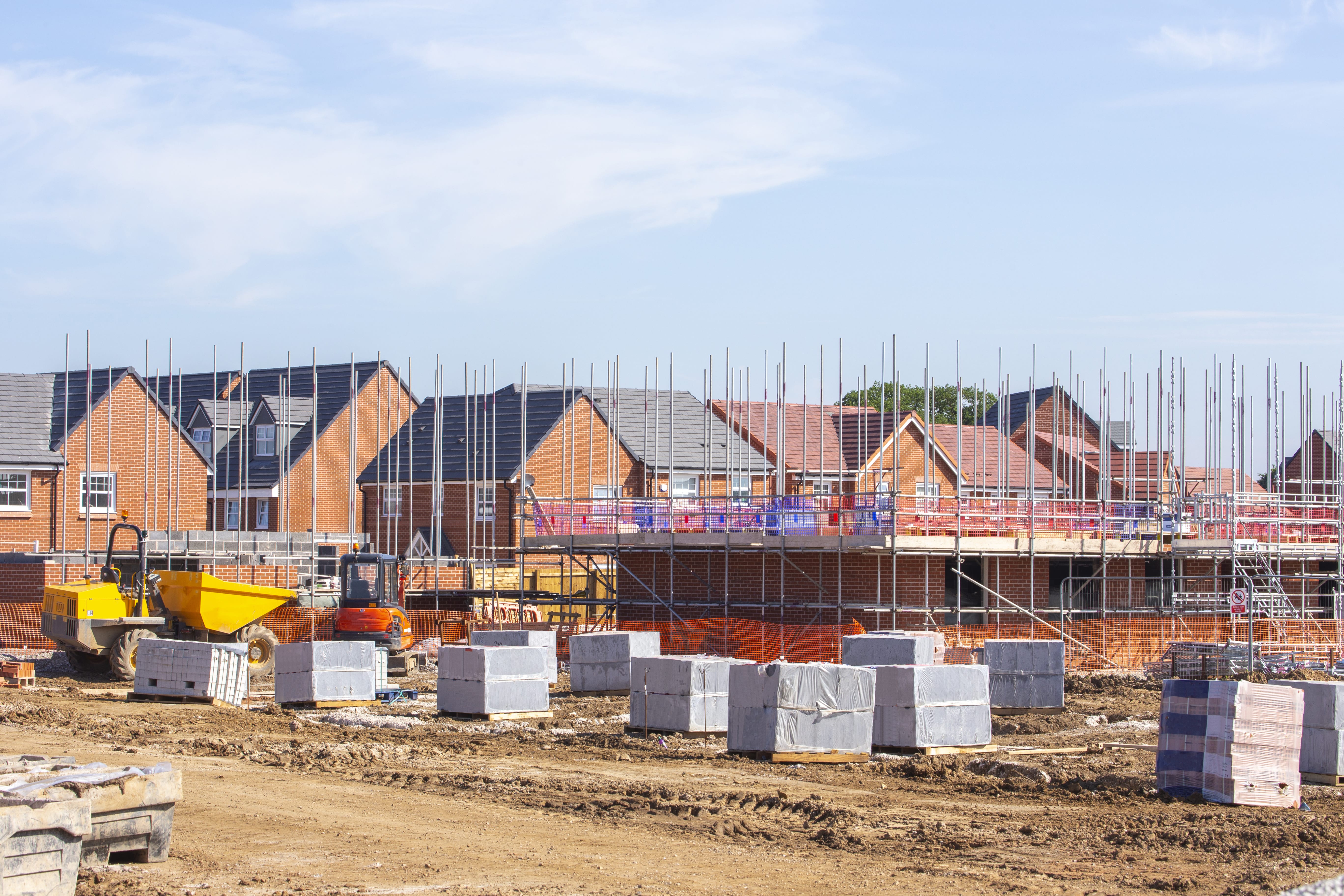New homebuyer demand in Wales rose at the fastest rate seen since 2021, according to the latest Royal Institution of Chartered Surveyors (RICS) Residential Market Survey, as more houses came onto the market.
A net balance of 50% of respondents in Wales reported that new buyer enquiries rose through the month of August. This is the highest this balance has been since May 2021.
Welsh surveyors also report that supply had increased in the most recent survey. A net balance of 57% of respondents noted that new instructions to sell had risen, up from 30% in July.
With demand and supply on upward trajectories, it is unsurprising that newly agreed sales were also reported to have increased. A net balance of 30% of surveyors in Wales reported that sales had risen in August, which was the second highest balance seen across all of the other UK regions, after Northern Ireland.
Surveyors remain optimistic on the sales outlook too, with a net balance of 12% of Welsh respondents expecting sales to rise over the next three months.
However, on the pricing front, surveyors in Wales report that prices have fallen over the last three months. A net balance of -30% of Welsh respondents indicate that home prices fell, which is below the UK average that was reported to have fallen flat.
And surveyors remain cautious on the pricing outlook too. A net balance of -22% of Welsh surveyors anticipate that house prices will move lower over the next three months.
Looking at the lettings market, demand continued to rise through August as a net balance of 50% of surveyors in Wales report a rise in tenant demand. Supply continued to fall, however at a lesser rate than seen previously. A net balance of -17% noted a fall in rental supply, up from -33% in July. As surveyors in Wales continue to report an imbalance between demand and supply in the rental market, a net balance of 17% of respondents expect rents to rise over the next three months.
Commenting on the sales market, Anthony Filice, FRICS of Kelvin Francis Ltd., in Cardiff said: “Appraisals and instructions are still strong. Viewers, although less in numbers, are serious, supported by more favourable mortgage rates. Some vendors’ unrealistic on pricing, in hopes of former premium prices, are selling, after reductions, at lower figures than could have been achieved.”
Melfyn Williams, MRICS of Williams & Goodwin The Property People Ltd, in Anglesey said: “The property market is active, though not as hot as before. Buyers are cautious but still purchasing, and sellers are concerned but still selling. While activity is lower, this is typical for August. Overall, the market remains steady despite seasonal and economic fluctuations.”
Discussing the lettings market, Paul Lucas, FRICS of R.K.Lucas & Son in Haverfordwest commented: “Rents continue to rise as the availability of property continues to fall. Many residential property investors and holiday homeowners are selling up as a result of increased taxation and rental requirement issues.”
Commenting on the UK sales market, RICS Chief Economist, Simon Rubinsohn, said: “The latest RICS survey captures an improvement in sentiment over the past month in the wake of the modest decline in mortgage rates with buyer interest improving, albeit from a relatively low base, and stock levels edging up.
“However, anecdotal remarks from respondents still demonstrate the need for realistic pricing to get deals done with uncertainty both around the scope for further interest rate cuts and the likely contents of the forthcoming Budget keeping the mood in check.
“Affordability remains an issue in the sales market even with somewhat cheaper finance now available but the picture appears even more acute in the lettings market where the amount of rental stock continues to diminish. Contributors continue to point to landlords looking to scale back their portfolios which will inevitably increase the imbalance that already exists in the market”.








Leave a Reply
View Comments